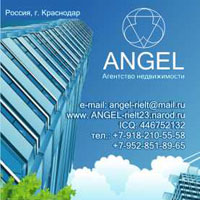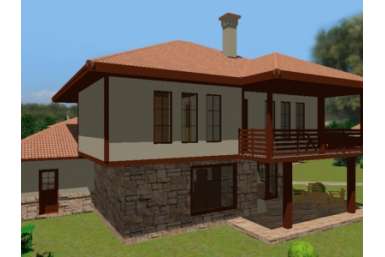Bulgaria: Sofia so good
Robert Nurden sees potential in city flats, ski apartments and seaside resorts
Who would invest in property in a former Eastern Bloc country? They still haven't recovered from the Cold War, they're full of concrete tower blocks and they queue for vegetables, right?
Wrong, at least as far as Bulgaria is concerned. Thousands of Britons have seen beyond the clichés and are pouring their hard-earned into the country.
The property investment opportunities in this beautiful country, which is set to join the EU in January next year, fall into four main categories. The first lies in the capital, Sofia, which is growing economically and geographically faster than any other former East European capital. The property boom has now hit the centre, with locals themselves pitching into the market - always a good sign.
With the country on the threshold of EU membership - and entry into the euro itself likely in about three years' time - an international and transitory population in this "engine of the country's growth" is inevitable. This means a huge demand for good rented accommodation.
An average, two-bedroom, new-build apartment in the centre is selling for between £69,000 and £87,000, and values are rising almost by the day. The rental from such an apartment would be up to £700 a month, according to Robert Jenkin of estate agents Bulgarian Dreams. "These are fantastic investment opportunities in a city that is becoming more cosmopolitan and whose economy is stable and performing well," he says.
Drive two hours south and head for the mountains for opportunity number two. Bulgaria has a burgeoning skiing industry whose centre is undoubtedly Bansko, an ancient village at the foot of the Pirin Mountains. In the past two years, it has added on a huge number of apartment blocks geared to the winter season. Anyone with the idea that its winter sports infrastructure is bound to be third-rate should think again. It boasts a gondola from the town to the pistes that is second to none.
"Every skier who comes here is impressed with the facilities," says Gary Brierley of Bulgarian Developments. "It is certainly not the poor cousin of the Alps any more. But the countryside is great in the summer, too. People come here to buy an apartment as an investment, fall in love with the area and decide to spend time here themselves and use it as a holiday home."
A typical two-bedroom, new-build apartment costs £71,000, with the mouth-watering prospect of a rise in values of about 20 per cent a year. "The demand by British and Irish buyers for indoor pools, heated locker rooms and so on has added quality and value," Brierley says.
The Black Sea, with its sunshine, cheap beer and great food, beckons investors too. Locations such as Sunny Beach may be set to become the new Costa del Sol.
There are signs that Bulgaria is throwing off its bottom-end-of-the-market image and moving towards building more luxurious properties. The government has introduced legislation aimed at protecting the coast from the worst excesses of the Spanish costas.
BA this month started flying direct to Varna, and up the coast near Balchik, two 18-hole golf courses designed by Ian Woosnam and Gary Player are being constructed. An example of this more considered development is Oasis Kamchia, a low-rise holiday retreat close to the beach with gym, tennis courts and pools.
But the really canny investment, and one open to those on a low budget, is to buy land, says the estate agent Iliana Yordanova of Home Cottage Bulgaria. "Plots are unbelievably cheap," she says. "If you are prepared to look at undeveloped areas, either by the coast or inland, you can pick up good agricultural land for as a little as eight euros a square metre. The town of Kvarna would command prices of 70 euros a square metre, and Balchik 58 euros. But I have heard of a plot going for three euros a square metre inland."
With building costs very low and the nearby city of Varna now commonly acknowledged to be Bulgaria's property hot spot after the capital Sofia, her advice looks sound.













